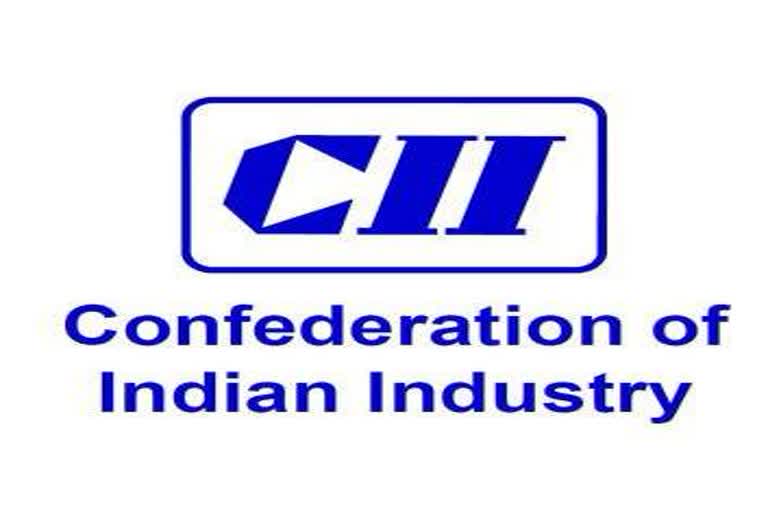New Delhi: Policies like FAME need to be supplemented with measures such as domestic manufacturing of vehicles, batteries and components to boost mass adoption of electric vehicles by 2030, industry body CII said on Sunday.
Quoting a study by the Centre, the chamber said India can save 64 per cent of anticipated road-based mobility-related energy demand and 37 per cent of carbon emissions in 2030 by pursuing a shared, electric, and connected mobility future.
Measures like market creation and adoption, domestic manufacturing of vehicles, components and batteries, strategic sourcing of key raw material and skill development in India are needed to support policies like FAME to embrace mass adoption of electric vehicles by 2030, it said.
Also read:India's manufacturing sector performance eased to 8 month low in April
This would result in a reduction of 156 million tonnes of oil equivalent in diesel and petrol consumption in 2030 and a net saving of approximately USD 60 billion in 2030 at present oil prices.
This is also in line with India's vision of reducing oil imports by 10 per cent by 2022, the CII said.
Transport continues to be the highest oil consuming sector and the use of diesel and petrol grew at 5.9 per cent and 9.9 per cent respectively in the last 10 years.
As per government's estimates, the country's import dependency on oil has increased from 78.3 per cent of total consumption in 2014-15 to settling at a new high of 83.7 per cent in the 10-month period of FY2018-19, the chamber said.
"Effectively managing energy use with growth and reducing India's oil intensity; developing high-grade energy infrastructure; ensuring an environmentally sustainable future and promotion of clean air and electric vehicles have been carved out as key work areas for CII this year," CII President Vikram Kirloskar said.
With an eye on promoting electric and hybrid vehicles, the Union Cabinet recently cleared Rs 10,000-crore programme under the FAME-II scheme.
The scheme is being implemented over a period of three years with effect from April 1, 2019.
It is the expanded version of the present scheme FAME India I (Faster Adoption and Manufacturing of (Hybrid) and Electric Vehicles ) which was launched on April 1, 2015, with a total outlay of Rs 895 crore.
However, with EV penetration in India currently at just 1 per cent, FAME alone is not enough to reach the 2030 target, CII said, suggesting various measures as prerequisites in this transition.
For transport to go truly green, it must also be accompanied by a rising share of renewables along with environmentally sustainable batteries, it added.



